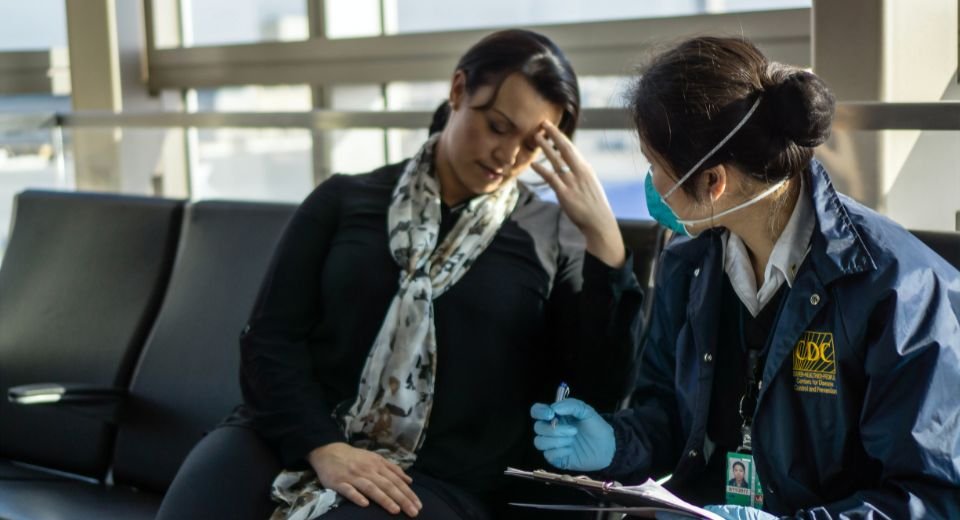HQ Team,
July 22, 2024: A study of over 22,000 airline crew members found that irregular and delayed meal times can lead to anxiety and depression.
The study also found that keeping consistent timings for meals along with a 12-hour eating window helps in sustaining an even mood and temperament.
“An eating window of less than 12 hours may be associated with reduced severity of anxiety or depression,” concluded the research team led by Mi Xiang, an associate professor with Shanghai Jio Tong University in China.
For the study, the team tracked the eating habits of 22,617 airline workers and then tracked their anxiety and depression scores using standard screening tools.
They found that people who delayed their dinner past 8 p.m. had twice the risk of depression and a 78% higher risk of anxiety, compared with when they ate before 8 p.m. Further, it was found that delaying breakfast until after 9 a.m. spiked the risk of depression by 73% and anxiety by 79%.
“We found that the dietary rhythms of individuals in this profession varied depending on the time of flight operations [early morning or late night],” researchers wrote. “These irregular eating rhythms were associated with higher odds of anxiety and depression.”
Keeping a 12-hour window between meals reduced the risk of anxiety by 16% and depression by 19%, observed the team.
Circadian rhythm
The team further said that disturbed mealtimes affect the circadian rhythm of shift workers and their metabolism, which then upsets the mood.
The team speculated that airline workers are trained to overcome such stresses but ordinary workers who work in shifts may not be able to deal with such stresses.
“Through rigorous training and resilience building, airline crews are presumed to be more capable of coping better with stress and managing emergencies than average workers,” the researchers noted. “Hence, for a typical shift worker, the psychological consequences … could be more severe.”
According to the study, maintaining a consistent eating schedule greatly helps avoid the risk of psychological issues.
The study was published in the journal JAMA Network Open.
